Clarifying the basis for protecting the rights of reporters and press agencies

Minister of Culture, Sports and Tourism Nguyen Van Hung said that after the group discussion, the Ministry seriously accepted and reported the explanation. During the discussion session in the hall, with 22 comments and debates, on average, each comment raised from 2 to 4 groups of issues. The Minister said that the drafting agency fully understood that this time, the delegates gave their comments with the aim of wanting the law to be promulgated to adhere to 3 requirements:
Firstly, it is necessary to institutionalize the Party's viewpoints, guidelines, policies and strategies in a timely manner. Secondly, the law, when promulgated, must ensure that the Vietnamese revolutionary press, which has a tradition of over 100 years, continues to develop, ensuring humanity, modernity and professionalism. Thirdly, the law must focus on removing bottlenecks, bottlenecks and inadequacies after 8 years of implementing the Press Law.
Explaining some specific contents, Minister Nguyen Van Hung said that more than 10 delegates mentioned the issue of personal and organizational content produced on cyberspace causing negative impacts, competing with the press's market share and violating press copyright.
The Minister stated that the revised Press Law does not regulate the posting of information on cyberspace by individuals; it only focuses on regulating the organization and operation of the press, the rights and obligations of agencies, organizations and individuals related to press activities. Contents related to the activities of individuals on cyberspace have been regulated in the Law on Cyber Security and Decree 147 of the Government .
Regarding the content of protecting the legitimate rights and interests of reporters, press agencies, and the people's freedom of the press, the Minister said: "When drafting these contents, we considered the compatibility of the Press Law submitted to the National Assembly with the Law on Cyber Security, the Law on Advertising, the Criminal Law, the Law on Science and Technology, and many other laws."
What other laws have stipulated is not cited in this law and all of that content must be implemented. “As for the delegate mentioning the organizational model, the Press Law does not stipulate and does not include the organizational model and details about the payroll, organization, and units in the laws,” the Minister emphasized.
Research on the model of a multimedia key media agency

The group of issues that received the most comments belonged to the model of the main multimedia media agency. According to Minister Nguyen Van Hung, Vietnam currently has 6 main press agencies according to Decision 362/QD-TTg approving the National Press Development and Management Plan until 2025. However, many delegates proposed to consider more conditions for the local press to develop sustainably, avoiding the situation of asking - giving in establishing new press agencies.
Minister Nguyen Van Hung said that the general spirit is that the drafting agency will coordinate with relevant agencies to soon summarize and develop a national press development strategy, then submit it to competent authorities and express it in a Government Decree.
"This is a fundamental issue that must be placed in a master plan, not resolved separately in the Press Law," said Minister of Culture, Sports and Tourism Nguyen Van Hung.
Regarding opinions on artificial intelligence (AI), Minister Nguyen Van Hung affirmed that AI is only a tool to support journalism. Whether the journalistic work is supported by AI or created by humans, the head of the press agency and the author must still take full responsibility for the content.
The draft has designed Article 39 to stipulate the principles of using AI in press production, requiring press agencies to issue internal regulations, ensuring compliance with professional ethics and information responsibility.
A notable point that many delegates were interested in was the conditions for granting press cards and the regulations for training and development before granting the cards. The Minister gave data that there are currently about 21,000 journalists granted cards, of which only 31.25% graduated from journalism; the remaining 68.75% came from other majors. Therefore, the addition of a professional training class before granting the cards has two purposes: Protecting the reputation of the profession, ensuring that journalists comply with ethical standards; and equipping them with working tools in a complex media environment.
The Minister emphasized that this regulation is not a “sub-license”, but a necessary requirement, similar to the vocational training of lawyers or notaries. On average, about 2,000-3,000 new press cards are issued each year, and these cases can all attend the training course without procedural pressure.
Regarding the opinion on press economics, Minister Nguyen Van Hung affirmed that the draft does not use this concept. The contents that delegates are interested in, such as the linkage mechanism and financial policy, will be specified in the guiding Decree, in order to both prevent the private sector from exploiting the press for profit and ensure that press agencies enjoy the fruits of their labor.
In addition, Minister of Culture, Sports and Tourism Nguyen Van Hung said that the Ministry will continue to closely coordinate with the National Assembly Committees to complete the Draft. Appropriate comments will be fully accepted before submitting to the National Assembly Standing Committee for consideration.
Source: https://hanoimoi.vn/tiep-tuc-nghien-cuu-mo-hinh-co-quan-truyen-thong-chu-luc-da-phuong-tien-724525.html



![[Photo] Prime Minister Pham Minh Chinh attends the patriotic emulation congress of the banking sector](/_next/image?url=https%3A%2F%2Fvphoto.vietnam.vn%2Fthumb%2F1200x675%2Fvietnam%2Fresource%2FIMAGE%2F2025%2F11%2F24%2F1763981997729_tt-nhnn-jpg.webp&w=3840&q=75)
![[Photo] National Assembly Chairman Tran Thanh Man receives a business delegation from the Europe-ASEAN Business Council](/_next/image?url=https%3A%2F%2Fvphoto.vietnam.vn%2Fthumb%2F1200x675%2Fvietnam%2Fresource%2FIMAGE%2F2025%2F11%2F24%2F1763989198212_ndo_br_bnd-7394-jpg.webp&w=3840&q=75)



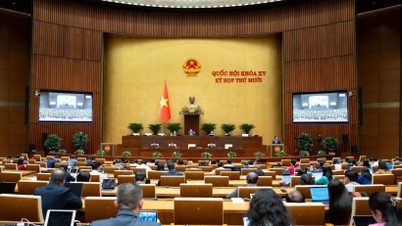

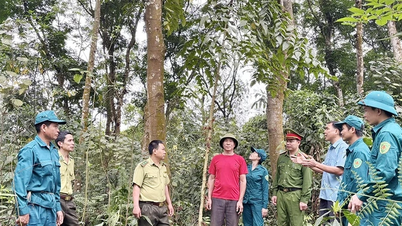

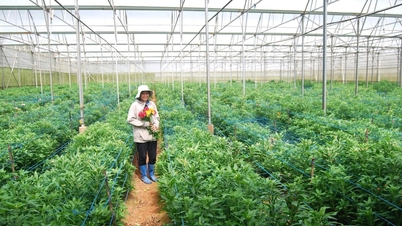

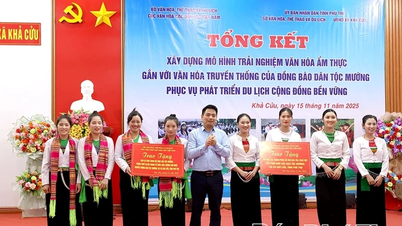
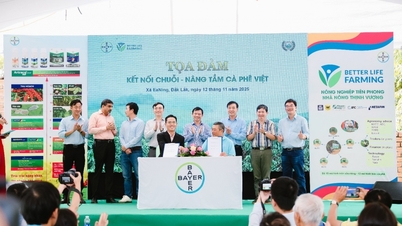

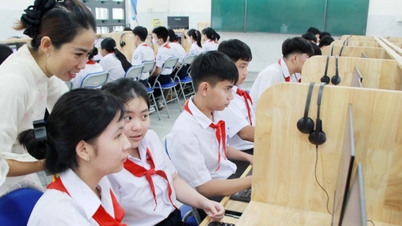

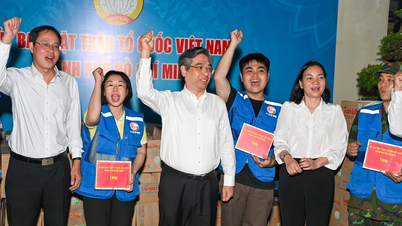

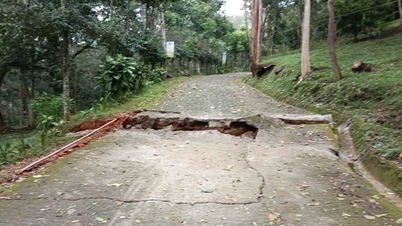
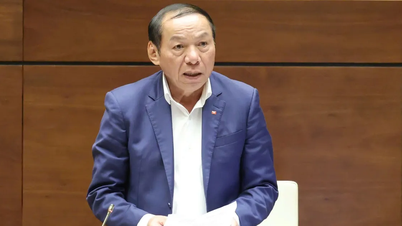
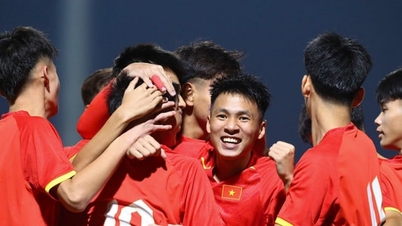
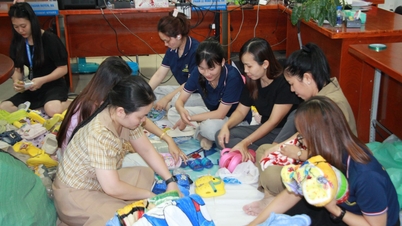

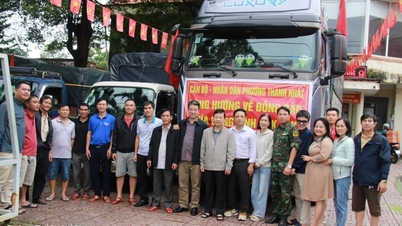




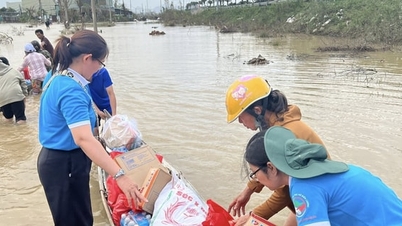

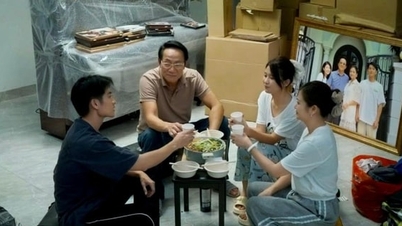
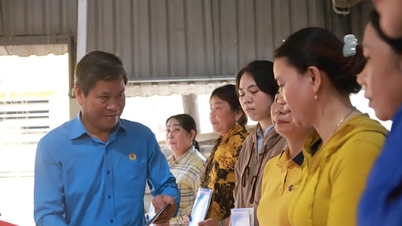
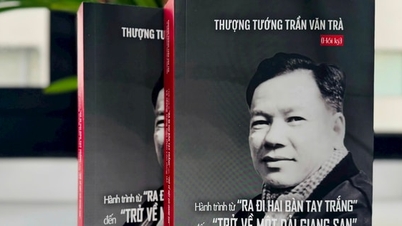
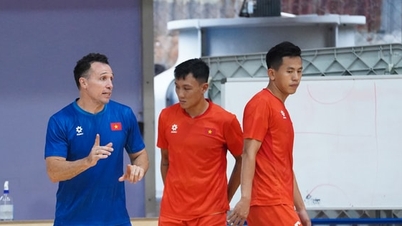


![[Photo] Next to the "mountain of trash" after the flood, Tuy Hoa residents strive to rebuild their lives](/_next/image?url=https%3A%2F%2Fvphoto.vietnam.vn%2Fthumb%2F1200x675%2Fvietnam%2Fresource%2FIMAGE%2F2025%2F11%2F24%2F1763951389752_image-1-jpg.webp&w=3840&q=75)


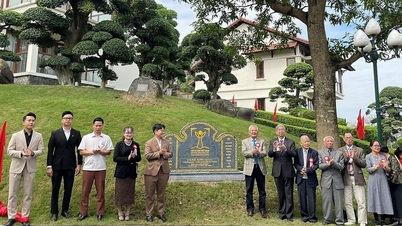
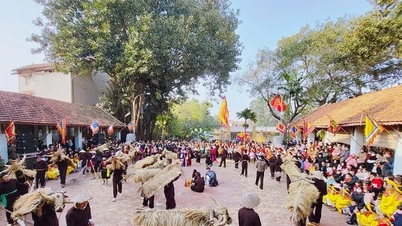
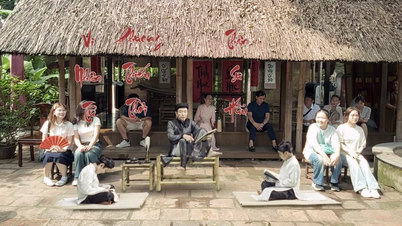

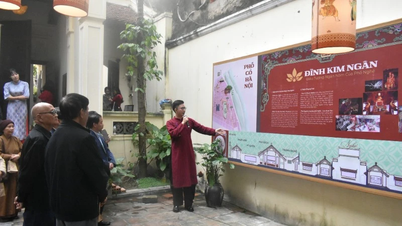









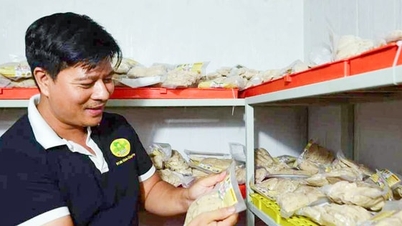




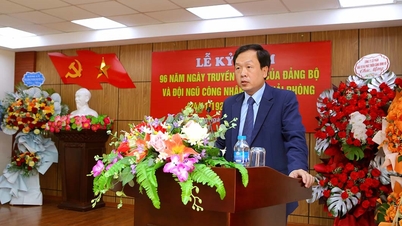

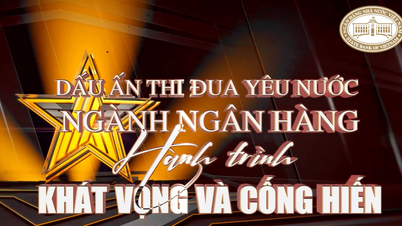
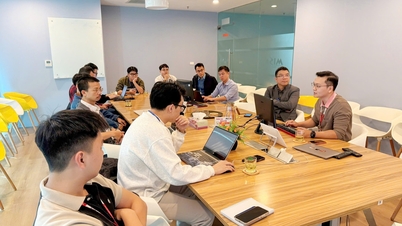

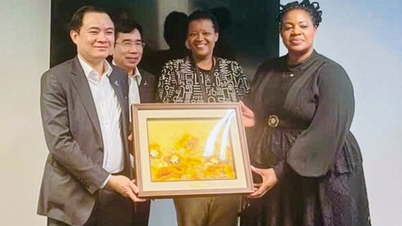
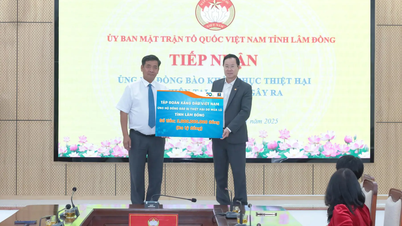






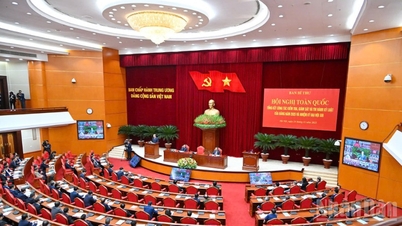
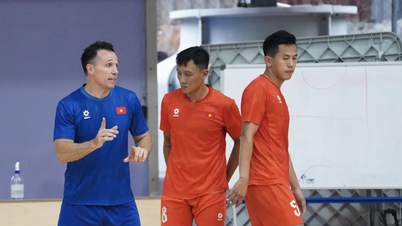
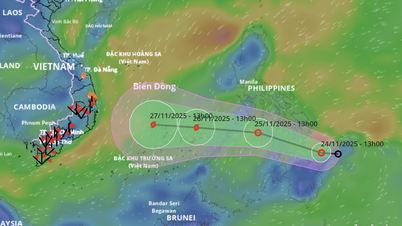

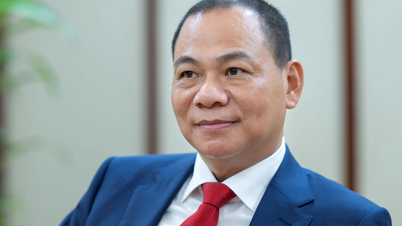

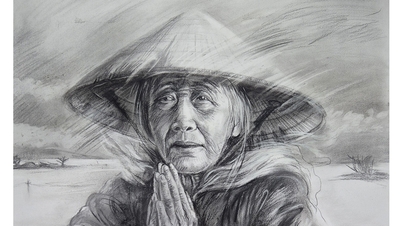
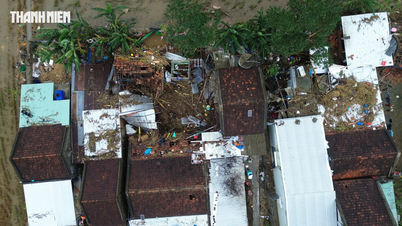
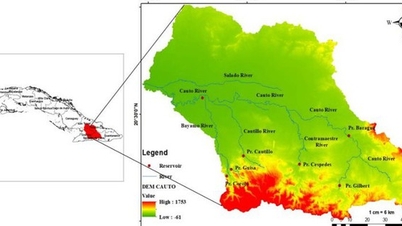

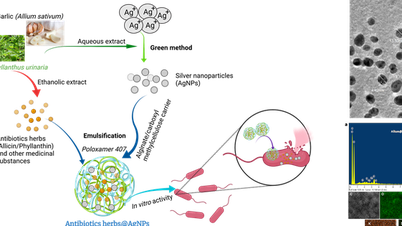
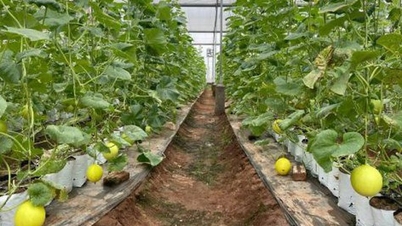


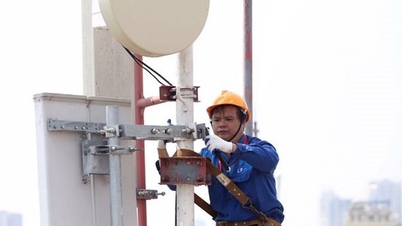
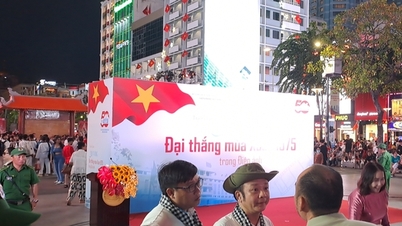

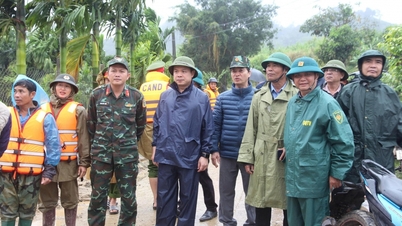










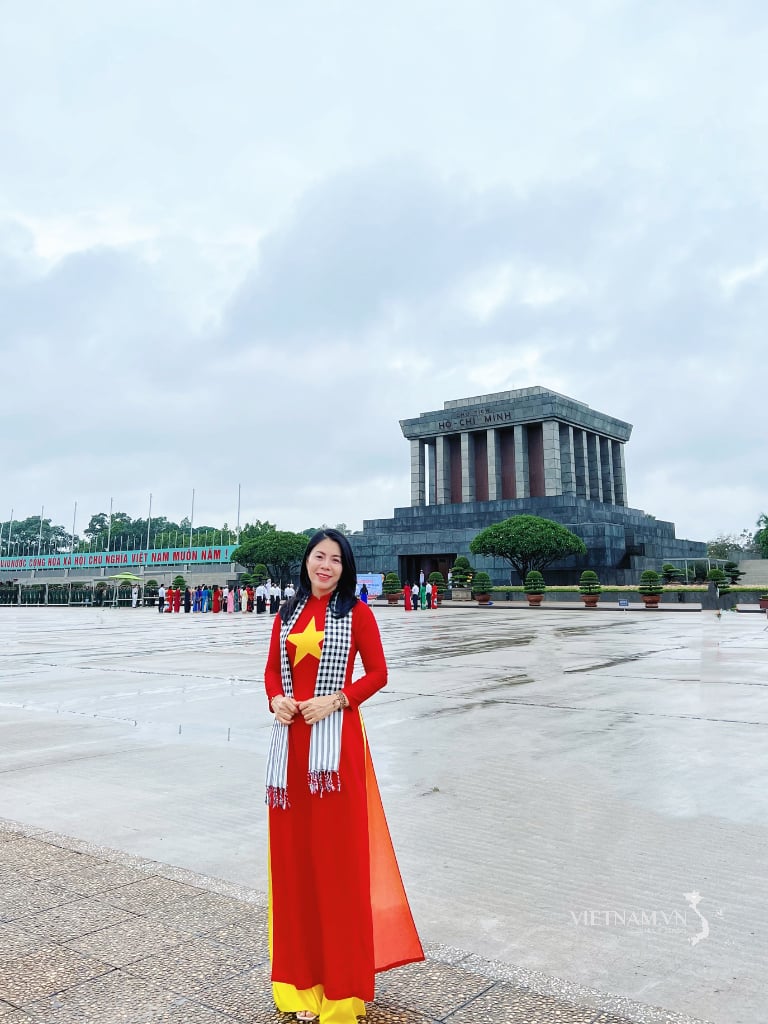


Comment (0)